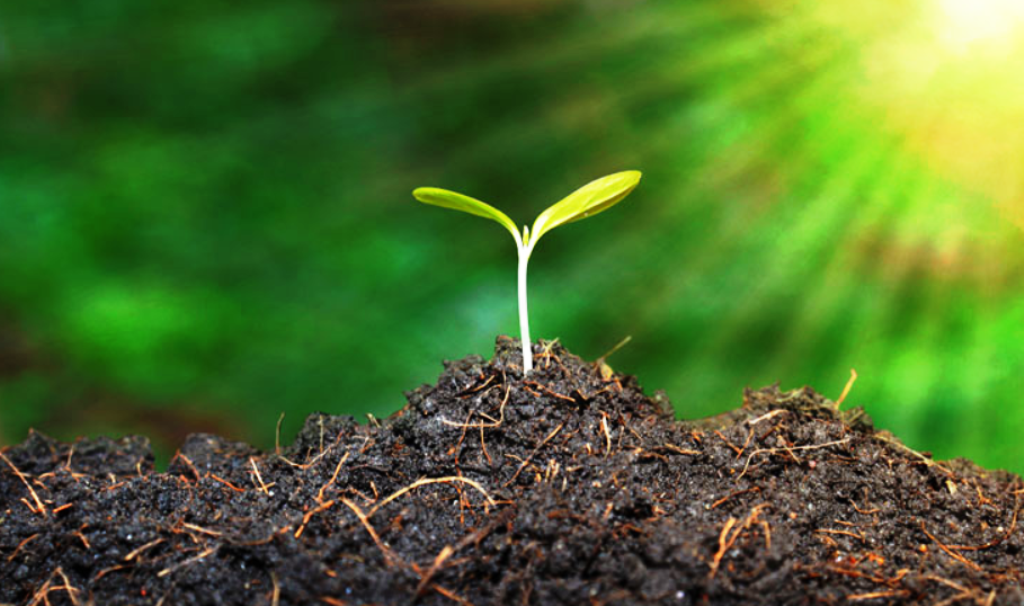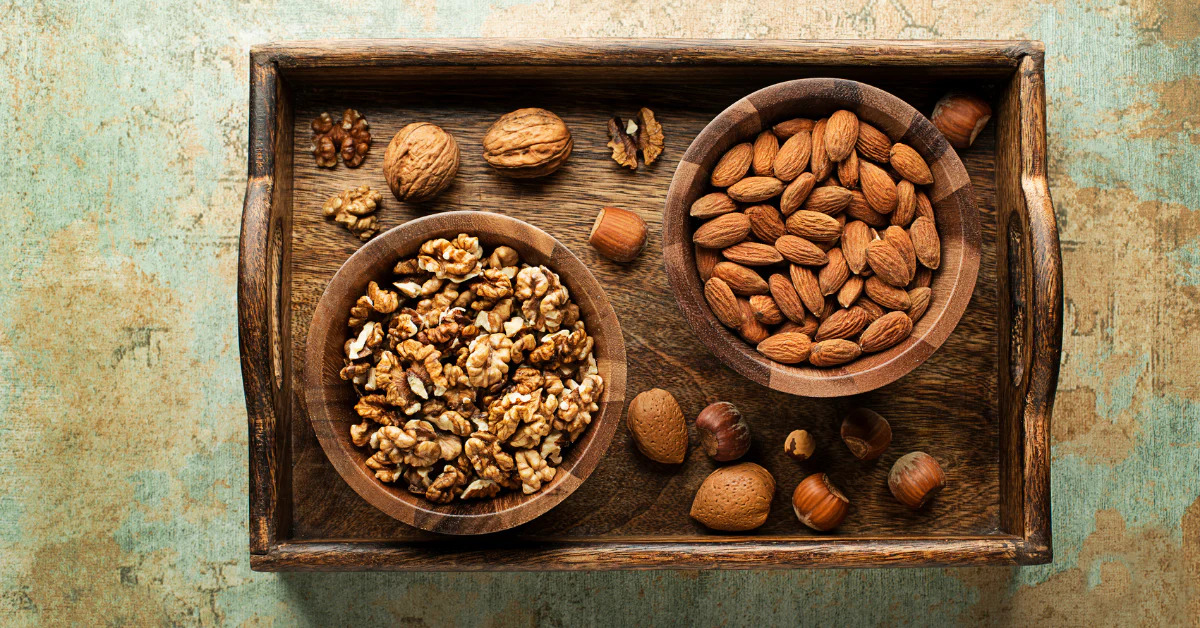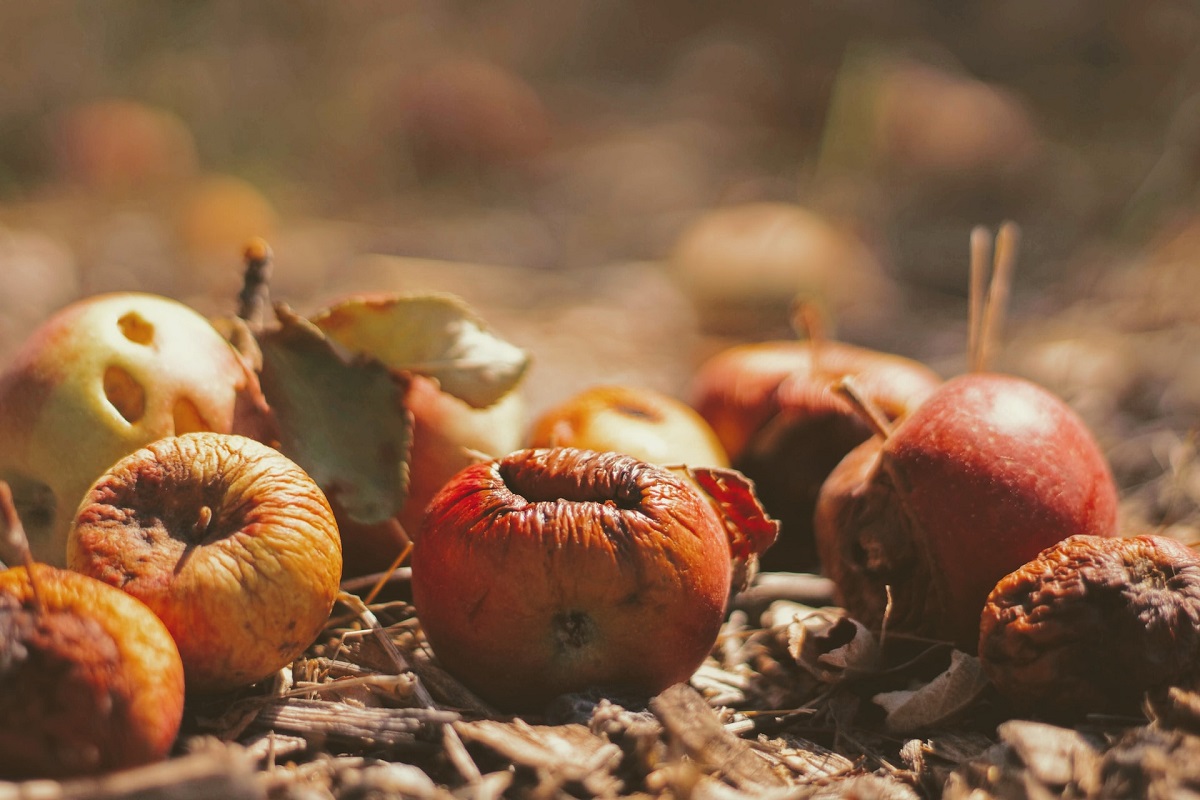What Is Organic Farming And Its Benefits 2022
The introduction of chemicals in agriculture was considered a revolution as it exploded yield.
Any damage caused by chemical fertilizers was not noticeable at the start because the soil was healthy, and pests had not developed resistance against chemicals.
But now, people are moving to organic farming again because they have become aware of the problems with using chemicals.
Conventional farming can cause damage to human health and our environment, such as a disease like cancer, degradation of soil, pollution, and greenhouse gas emission.
Organic farming is not new since it has been practiced for several years. One significant reason for the rise of this method of farming is better welfare and less impact on the environment. Keep on reading to understand organic farming and its benefits.
What Is Organic Farming?
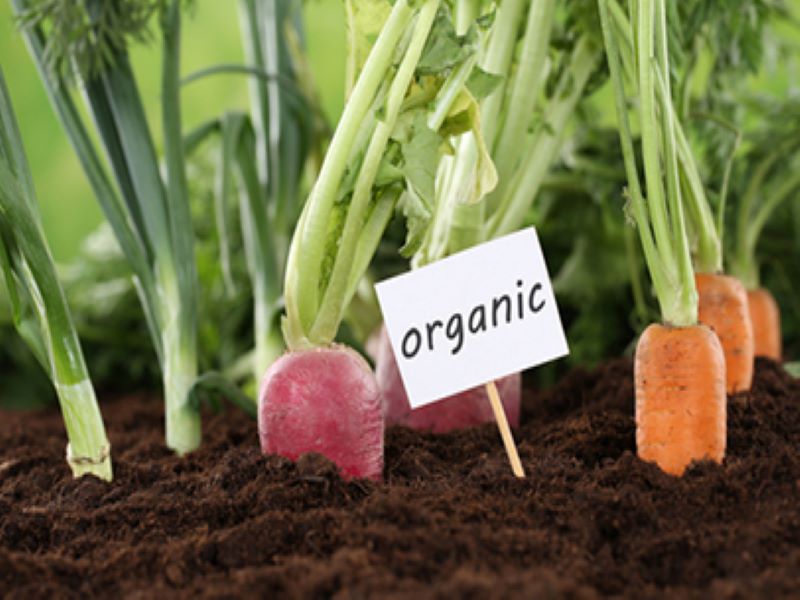
It is a technique that involves the cultivation of crops and the rearing of animals in natural ways. It does not involve the use of synthetic materials. Instead, biological substances are used to maintain the fertility of the soil.
Ultimately it helps in reducing pollution and wastage. Moreover, no genetically modified organisms are permitted when you are farming organically.
This farming method relies on ecologically balanced agricultural principles such as organic waste, crop rotation, green manure, mineral and rock additives, and biological pest control.
It helps us increase sustainability and ensures that soil remains healthy and alive.
Difference Between Conventional and Organic farming Methods :
Traditional Farming :
- In traditional farming methods, farmers fumigate soil with harsh chemicals before sowing seeds to extricate naturally occurring fungicides.
- In traditional farming methods, farmers fumigate soil with harsh chemicals before sowing seeds to extricate naturally occurring fungicides. When pants come out of the seeds, it is time to get rid of weeds. Conventional farmers use chemicals known as weedicides to kill weeds.
- When plants come out of the seeds, it is time to get rid of weeds. Conventional farmers use chemicals known as weedicides to kill weeds.
- When it comes to consumption, it is no doubt that anyone eating conventional farm products will absorb pesticides and other chemical residues into their body that can cause chronic diseases like cancer.
Organic Farming :
- Farmers following organic farming methods prepare their land using natural-based fertilizers such as bone meal, manure, or shellfish fertilizers.
- Organic farmers do not soak seeds in any chemical solution or irrigate newly planted seeds with water that has added chemicals. They do not normally use chlorinated council water. They only use rainwater and store rainwater to use during dry months.
- Organic farmers do not use chemicals and physically pull out the weeds from the farm. However, it is extremely labour intensive, so some farmers use flame weeders to exterminate weeds.
- Organic Farming provides healthy and nutritious food that is free of chemicals.
Common Methods Of Organic Farming :
Organic farming methods need to be strictly compliant with standards that define and prohibit applicable techniques. Here are some of the common and approved methods of farming organically.
Crop Rotation :
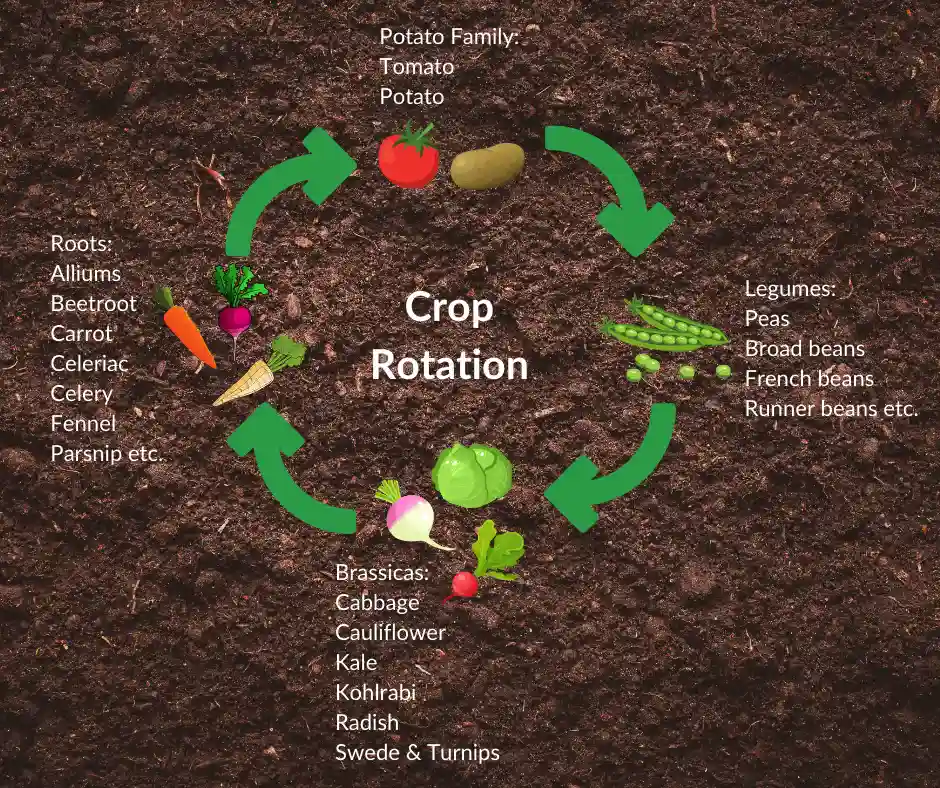
If comparing monoculture farming trends, crop rotation:
- Helps in reducing soil erosion through different root systems.
- Manage soil fertility and reduce fertilizer inputs.
- Recycle plant nutrients in the soil.
- Increase the amount of available water for plants.
- Increase yields and bring more money into your pocket.
Animal Manure :
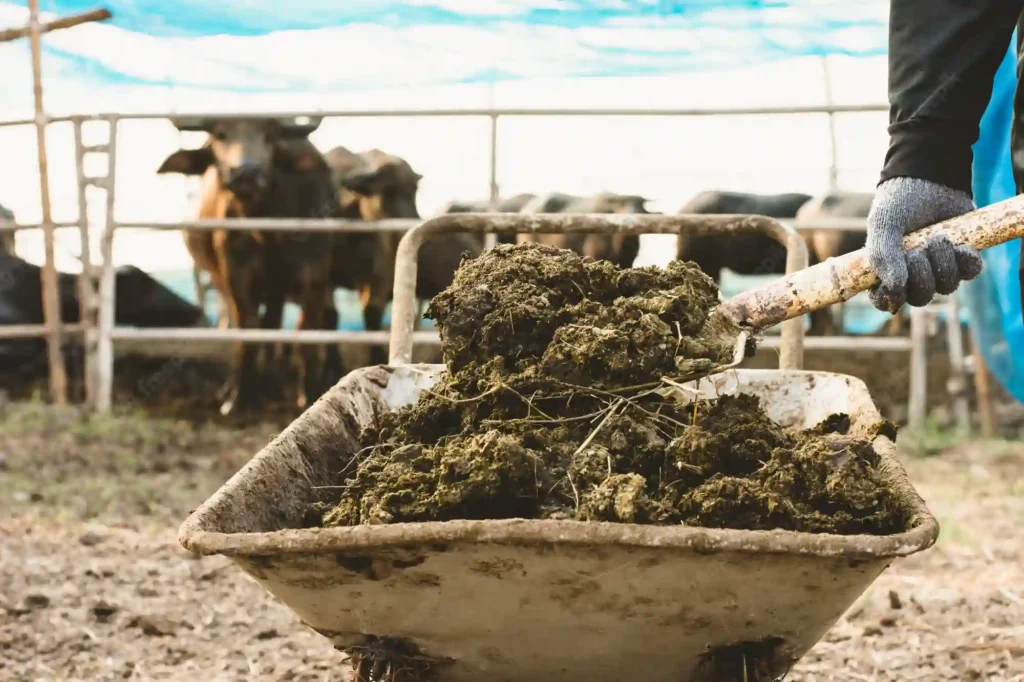
This organic farming method helps enrich the soil with natural components derived from animals.
It includes raw and composted materials to increase the nutrient content of the soil. However, there are some restrictions in this method that you must keep in mind:
- The material used as manure should not contain any form of synthetic additives.
- A soil test is required before the application of animal manure.
- Manures are allowed at least three months to harvest.
Green Manure:
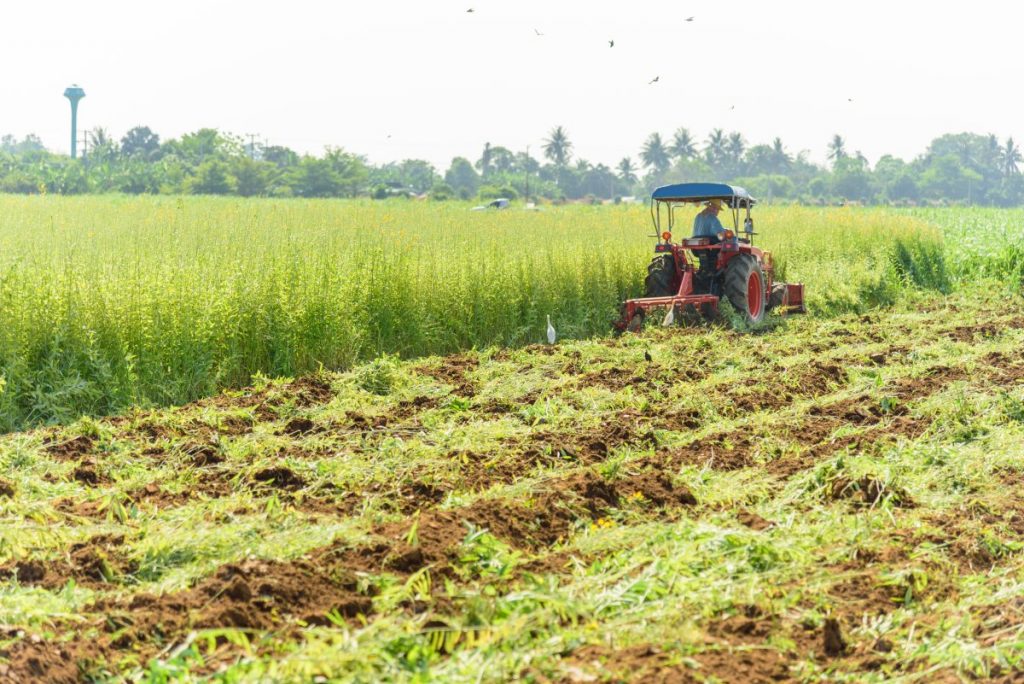
Green manures are also known as cover crops. These are sown or uprooted crops that are turned into soil and serve as mulch. You can increase organic matter and nitrogen by combining green plants with the soil.
Besides that, it also improves the moisture and nutrient content in the soil. Lastly, green manuring lowers weed infestation and improves soil quality.
Integrated Weed Management:
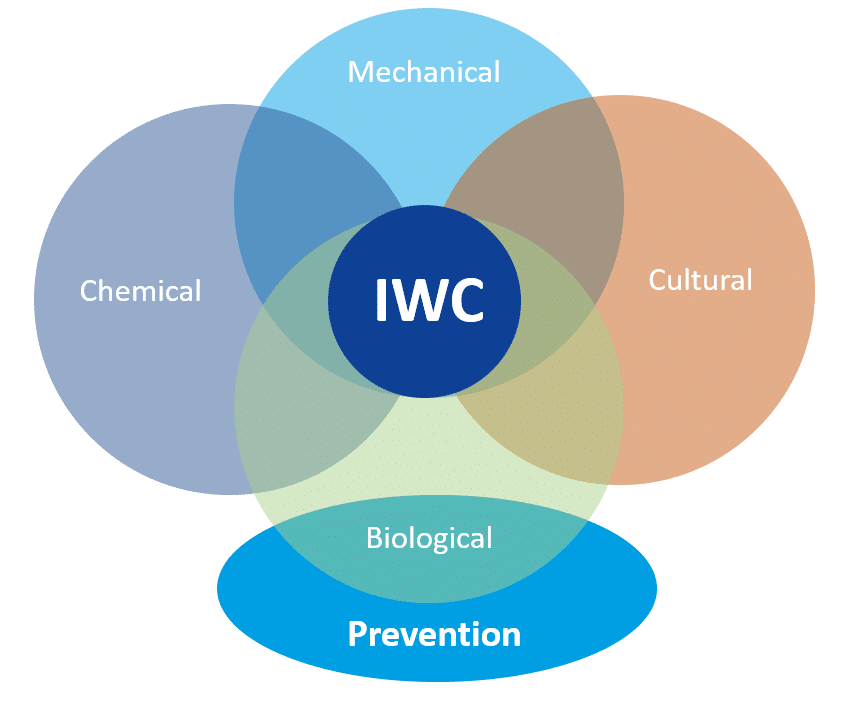
As we all know, heavy chemicals are not allowed in organic farming. That is why farmers use alternative methods to control weeds.
Integrated weed management (IWM) is an approved method for weed control in organic farming.
The goal of IWM is to combine different methods to control weeds efficiently. It involves five main methods: prevention, cultural, chemical, mechanical and biological.
- Prevention is the first step in weed management. It focuses on keeping weeds away from the field. You should avoid using equipment, manure, or crop seeds contaminated with weed seeds.
- Cultural practices are used to give crops a competitive advantage over weeds. Such practices include crop rotation, reduced row spacing, and cover crops.
- The use of herbicides is an integral part of weed management. It involves the proper identification of weeds and using the best herbicides accordingly.
- Mechanical weed management includes tillage, mowing, burning, etc.
- In biological methods, living organisms such as fungi, bacteria, or insects prefer a certain weed species.
What Are The Benefits Of Organic Farming?
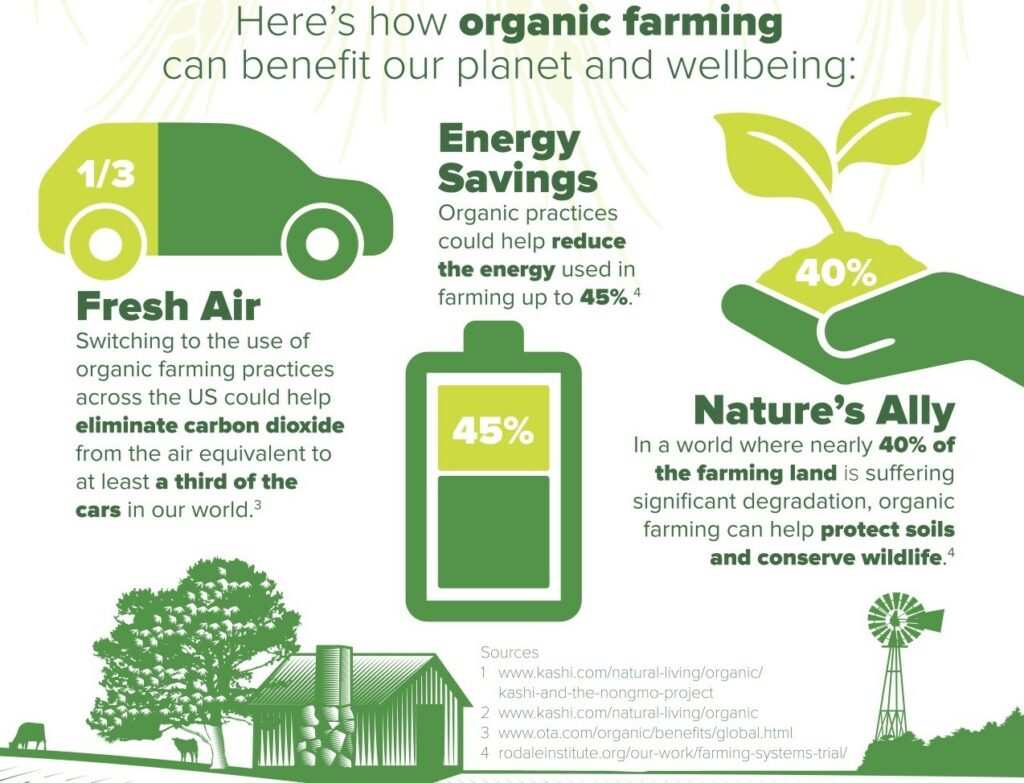
Organic farming is a healthy and ethical choice. Here are some advantages that you can get from this method of farming:
Sustainably Healthy Soil:
Unlike organic farming, conventional farming takes away the soil’s natural nutrients and tries to return nutrients with synthetic fertilizers. This method also does not encourage the growth of healthy microbes that help decomposition and stabilize soil health.
It means when you shift from conventional farming to organic farming, the soil will struggle to regain its nutrients, which can take a long time.
Organic methods of farming aim to attain sustainable agriculture and promote the growth of bacteria and other decomposers, leading to more sustainable soils.
This way, soil can fight erosion in a better way as compared to chemically treated soil.
Accrue the Benefit of Nutrients:
The food you get from organic farms is full of nutrients such as vitamins, minerals, enzymes, and other micronutrients compared to conventional farms. This is because organic foods are produced by following sustainable practices.
Some researchers in the past have collected and tested fruits, vegetables and grains from both organic and conventional farms and found that organic fruits contain more nutrients.
The study explained that five servings of organic fruits or vegetables could provide a sufficient allowance of Vitamin C. While the same amount of fruits or vegetables from conventional farming does not offer a sufficient allowance.
Stay Away From GMOs :
Genetically modified organisms (GMOs) are used to produce food ingredients such as cornstarch, soybean oil, corn oil, and more.
Statistics show that GMOs are contaminating natural foods at a scary pace and manifesting serious effects beyond our expectations.
Conservation of Biodiversity:
Another benefit of organic farming is that it strives to conserve plant biodiversity. It means growing several species of plants on the same field during a certain year.
In addition to the health of the soil, biodiversity also helps in pest control and creates a healthy environment for wild fauna such as rodents, deer, reptiles, birds, and other animals by ensuring a balanced ecosystem.
Prevent Antibiotics And Drugs In Livestock :
Dairy and meat products are highly susceptible to contamination by harmful substances. According to statistics in the America journal, over 90% of the population’s chemicals come from meat and dairy products.
Why Is Organic Farming Better For the Environment?

As described earlier, many farmers worldwide have adopted organic farming methods because it benefits human health and the environment.
Furthermore, food produced through organic methods is high in nutritional value and increases food diversity.
Since recommended substances are used in organic food production, it lowers harmful chemical content. Now let’s see why organic farming is important for our environment.
Soil Health:
Maintaining Balance In Ecology:
The principle of ecology and farming includes the use of environment-friendly methods such as those improving soil quality.
Reducing the Effect of Global Warming :
Another advantage that an organic agricultural system provides to our environment is reducing the effect of global warming.
Conventional farming contributes a large part of greenhouse gas emissions that ultimately affect our climate. In contrast, organic farming methods can actually reduce carbon dioxide and help in climate change.
Supporting Animal Health And Welfare :
insects, birds, and all sorts of animals experience problems when animals interfere and destroy their habitats.
Organic farming not only preserves the natural habitats of animals but also allows birds and natural predators to live happily on farms which helps in natural pest control.
Fairness:
Fairness in organic farming means a good attitude towards all those involved in this business. These are farmers, consumers, traders, and suppliers.
It causes a positive impact on their working and living conditions and supports an adequate supply of good quality food products.
Bottom Line:
In recent years, farmers have adopted smart agricultural methods such as precision agriculture and organic farming. These techniques are closely linked to creating a positive impact on our environment.
Precision agriculture uses all the available technologies to promote sustainability by utilizing land, water, fuel, fertilizers, and pesticides.
While in organic farming, pesticides and chemical fertilizers are entirely abandoned; hence it lowers the chances of environmental pollution and produces foods that are full of nutrition.
it also plays a role in reducing global food waste and food insecurity. In addition, it strives to attain sustainability and promote the growth of beneficial bacteria in the soil.
To sum up, organic methods of farming are playing a major role in providing healthy food in a sustainable way and reducing global warming.
